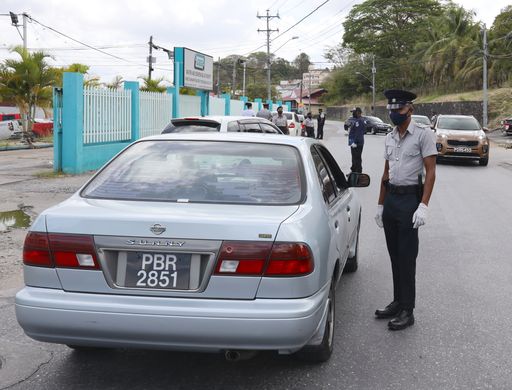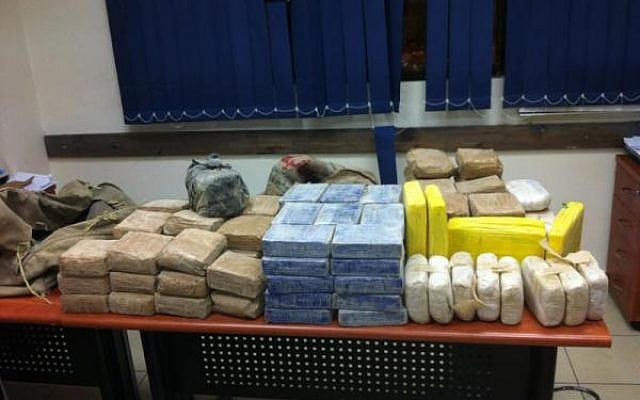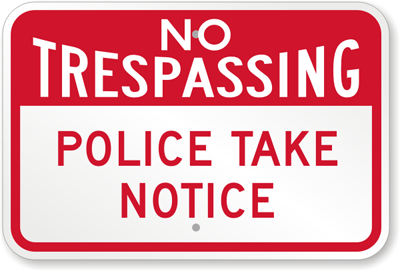|
We have all seen and heard the controversy revolving around the police conducting searches in and on citizen's vehicles and property. Do the police have a right to do such searches? What are citizen's rights in regard to this issue? To clear the air, let's look at some of the powers given to the police to conduct searches in T&T.
The police have:
1. The power to stop and search your vehicle for dangerous drugs (without a warrant) if there is reasonable cause. The police can stop and search any vehicle or anything in or on the vehicle for drugs. According to section 23 of the Dangerous Drugs Act a police officer who has reasonable cause to suspect that any dangerous drug is kept or concealed in any vehicle may search it for the dangerous drugs. The reasonable cause to suspect may, for example, be the suspicious behavior of the occupants of the vehicle or the smell of marijuana.
2. The power to stop and search your vehicle and person for firearms and ammunition (without a warrant).
According to section 29 of the Firearms Act: 29. (1) A police officer in uniform may stop any vehicle for the purpose of ascertaining whether any firearm or ammunition is being conveyed therein and may search without warrant such vehicle, the driver thereof and any person conveyed therein. (2) A person is liable on summary conviction to a fine of fifty thousand dollars and to imprisonment for five years who-- (a) being the driver or person operating a vehicle, fails to stop the vehicle at the request of a police officer under this section; or (b) being conveyed in a vehicle, prevents or intimidates the driver thereof or other person operating such vehicle from stopping at the request of a police officer under this section; or (c) escapes or attempts to escape from a vehicle after a request to stop under this section. This means that not only can a police officer search your vehicle for arms or ammunition without a warrant, you can also be found guilty of an offence if you refuse to allow the search to take place.
3. The power to search any store, shop, warehouse, outhouse, garden, yard, vessel or aircraft (without a warrant), if there is reasonable cause to suspect any dangerous drug is kept or concealed there.
According to section 23 of the Dangerous Drugs Act: 23. (1) A police officer who has reasonable cause to suspect that any dangerous drug is kept or concealed for any purpose contrary to this Act in any store, shop, warehouse, outhouse, garden, yard, vessel, aircraft, vehicle or other place, may, by day or night, search any such place for the dangerous drug, and if necessary, by force, bring it before a Magistrate; and if any device or apparatus, designed or generally used or specifically altered for the purpose of the illegal use of dangerous drugs, is there and then found, it shall also be brought before the Magistrate.
4. The power to search an arrested person (without a warrant).
A person who has been arrested may be searched if it is believed that he has a weapon which may be utilised for escape. Additionally, he may be searched if it is believed that he has material evidence in his possession.
5. The power to stop and search any vessel (without a warrant), if there is reasonable ground to suspect that anything on board the vessel is stolen or unlawfully obtained.
According to Section 38(1) of the Summary Offences Act, Chap 11:02: 38. (1) Any constable may enter on board any vessel in any harbour, bay, roadstead or river, and remain on board such vessel for such reasonable time as he thinks expedient, and if he has reasonable ground to suspect that there is on board the vessel anything stolen or unlawfully obtained, he may search, with any assistants, any part of the vessel, and, after demand and refusal of the keys, break open any receptacle, and, upon discovery of anything which he may reasonably suspect to have been stolen or unlawfully obtained, take such thing and the person in whose possession it is found before a Magistrate to be dealt with as provided above. 6. The power to stop and search (without a warrant) for agricultural produce or livestock if there is reasonable cause to suspect it was unlawfully obtained. According to section 3B of the Praedial Larceny Prevention Act Chap 10:03: 3B. (1) Any constable or authorised person may, without warrant, stop and search any person whom he has reasonable cause to suspect is carrying agricultural produce or livestock which has been unlawfully obtained or is in control of any heap, stall or other collection of agricultural produce or livestock which has been unlawfully obtained.
7. The power to search private premises with a warrant
Generally, a search warrant is necessary for entry and search of anyone's private premises. A search warrant may be issued to enter a building or any place to search for evidence in relation to any summary offence, as outlined in section 41 of the Summary Courts Act Chap. 4:20. A search warrant may also be issued under section 23(2) of the Dangerous Drugs Act Chap 11:25 to enter a dwelling house to search for evidence where it is suspected that any dangerous drug is being kept or concealed in the dwelling house. A search warrant may also be issued under section 39 of the Larceny Act, Chap 11:12 to enter any person's premises to search for any property, with respect to which any offence against the Larceny Act was committed. It should be noted that police can also enter a private property without a warrant if they are effecting an arrest. Where the issue of effecting an arrest arises, an officer may enter premises without a warrant:
An unlawful search by police can be viewed as trespassing.
An unlawful search would be considered to be a search that took place in circumstances where a warrant was required but was not obtained by police or the warrant that was obtained, was obtained unlawfully. If the police seize goods illegally, they are entitled to retain them once the goods constitute evidence in relation to a crime. A person whose house or person has been illegally searched may have recourse to a civil action against the police (by suing the State for trespass), but the evidence obtained by the unlawful search can still be admissible as evidence against the person.
Important Notice: This post does not constitute legal advice. Always consult with an attorney on any legal problem or issue.
This website is managed by AURORA Chambers; a law practice in Trinidad and Tobago. Click HERE to receive updates straight to your inbox by subscribing to our newsletter.
0 Comments
Leave a Reply. |
Categories
All
Archives
June 2024
|
LawForAllTT.com |
|










 RSS Feed
RSS Feed